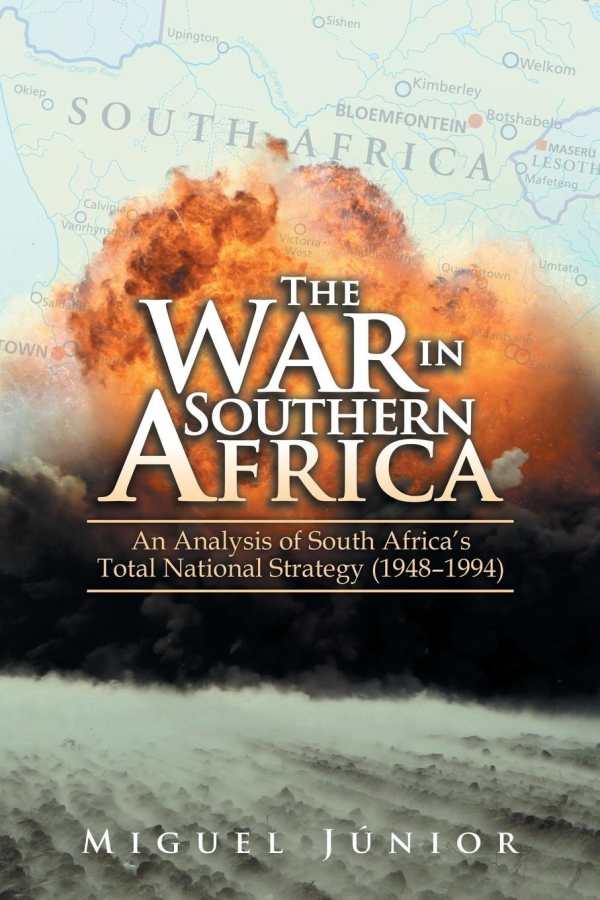The War in Southern Africa
n Analysis of South Africa's Total National Strategy, 1948 - 1994
The War in Southern Africa is an excellent overview of the Republic of South Africa during a time when it received massive global attention.
In The War in Southern Africa, General Miguel Júnior sets out to process why apartheid-era South Africa’s total national strategy failed to uphold the regime past 1994. More a work of political science than military history, the book succeeds at showing how international isolation and internal fractures undermined South Africa.
Only three chapters long, the book moves quickly but remains in-depth as it examines the twentieth-century political, economic, and military situation in the Republic of South Africa. It traces the rise of Afrikaner rule after the Second Boer War through to the 1948 election, which saw the National Party elected into power. Once safely in control, the National Party enshrined racial apartheid as the status quo.
An excellent resource for anyone interested in the politics of southern Africa during the Cold War, the book recalls how the USSR and Cuba sent troops, money, and weapons to pan-Africanist movements throughout southern Africa in the hopes that once those nations were free from their European masters, they would put in place pro-Marxist governments. Meanwhile, the United States initially traded with South Africa, but grew increasingly antagonistic toward the nation because of the widespread unpopularity of apartheid.
As a pariah state, apartheid-era South Africa militarized as a society and adopted a nuclear deterrence approach by arming itself with enough nuclear warheads to be a threat to any invading power. By the late 1980s, this strategy had morphed so much that, according to the book, the South African government seriously considered dropping a nuclear bomb on Luanda, Angola.
Stylistically, the writing is unadorned, clear, and precise. It relies heavily on acronyms and excessively cites other works. While the focus is on South Africa—its politics, its industry, and its military strategies—the book also details South Africa’s relationship with Rhodesia and the Portuguese colonies of Angola and Mozambique, and does not do so in sufficient detail. Other incidents, including Nelson Mandela’s joy over the Cuban-FAPLA military “victory” at Cuito Cuanavale, are related without enough context.
Still, the book successfully forwards a holistic view of South Africa’s internal and external politics during its decades of self-isolation. The War in Southern Africa is an excellent overview of the Republic of South Africa during a time when it received massive global attention.
Reviewed by
Benjamin Welton
Disclosure: This article is not an endorsement, but a review. The publisher of this book provided free copies of the book and paid a small fee to have their book reviewed by a professional reviewer. Foreword Reviews and Clarion Reviews make no guarantee that the publisher will receive a positive review. Foreword Magazine, Inc. is disclosing this in accordance with the Federal Trade Commission’s 16 CFR, Part 255.

